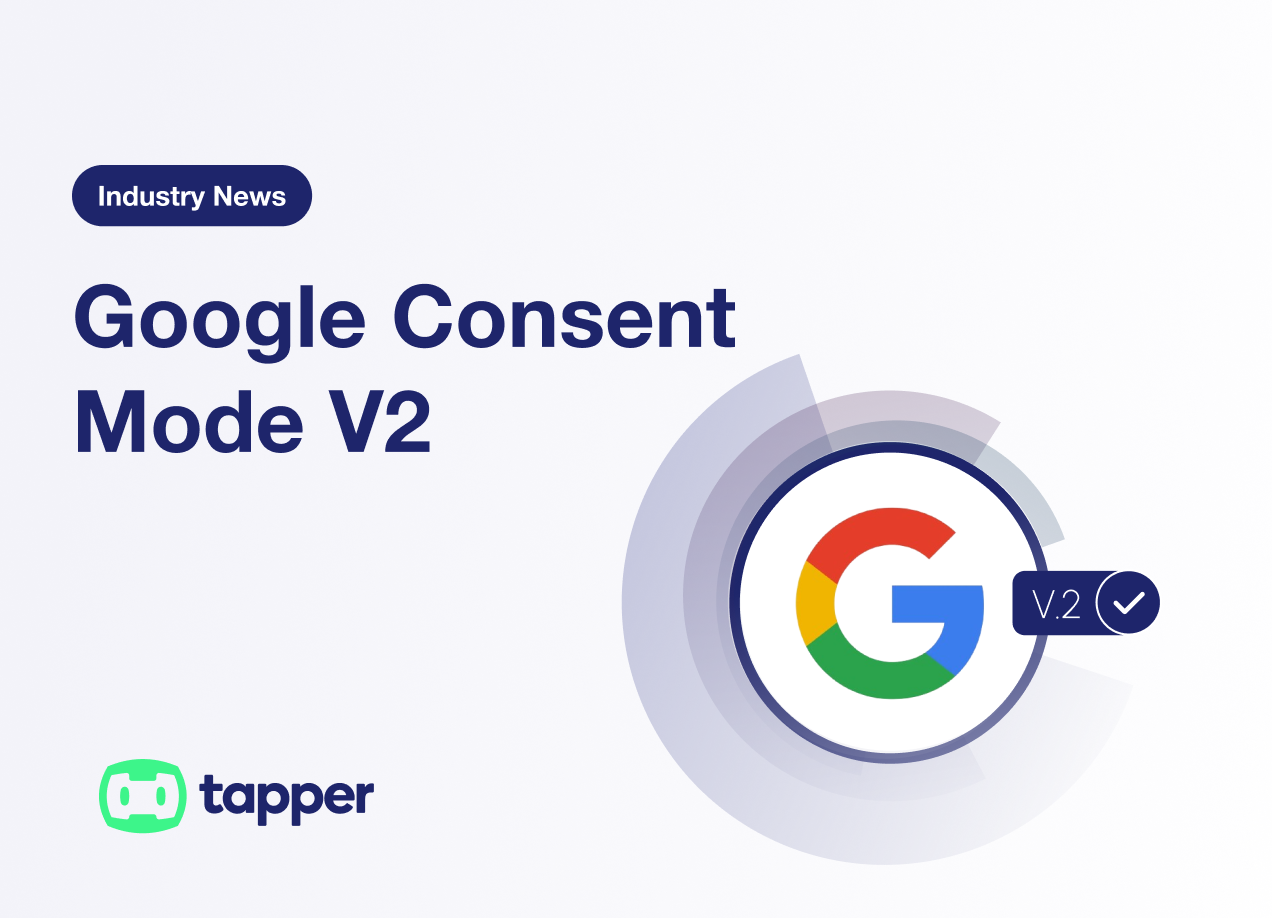The Ultimate Guide to PPC Audits: Maximize ROI and Optimize Campaign Performance
Lotfi Zazoun
•
Business Operations
•
November 25, 2024
•
10 min min read
A PPC audit evaluates campaign performance, identifies improvement opportunities, and optimizes ROI by analyzing keywords, ads, targeting, bidding strategies, and landing pages.

A PPC audit is a powerful way for businesses to optimize the performance of their pay-per-click campaigns. In today’s fast-paced digital world, conducting a thorough PPC audit can uncover valuable insights, helping businesses ensure they are making the most of their advertising budgets and maximizing ROI.
Despite the proven effectiveness of PPC advertising, many businesses neglect to perform regular audits. Even the best-designed campaigns need periodic evaluation to maintain peak performance. This free PPC audit guide outlines the key benefits of auditing your campaigns and provides a step-by-step approach to conducting an impactful review, ensuring your ads deliver results efficiently and effectively.
What is a PPC Audit?
A PPC audit is a detailed review of pay-per-click campaigns designed to assess their performance and pinpoint areas for improvement. By analyzing critical metrics such as campaign performance, keyword effectiveness, ad copy quality, and landing page relevance, businesses can identify what’s working well and what needs adjustment to drive better results.
Even if a campaign appears to be running smoothly, regular PPC audits are vital. They not only help optimize ad spend but can also detect issues like click fraud, ensuring your budget is spent effectively. Whether you opt for a free PPC audit or use advanced tools, the insights gained can significantly enhance your campaign’s success and ROI.
The Benefits of Conducting a PPC Audit
Pay-per-click campaigns involve numerous components that demand careful attention during setup,so why stop monitoring once the campaign goes live? Every element, from campaign settings to keywords and ad groups, is influenced by evolving factors such as market trends, competitor actions, and shifts in customer behavior. A PPC audit ensures you stay ahead of these changes. Here’s how conducting an audit can enhance your online advertising strategy:
Maximize ROI and Gain a Competitive Edge
In any business, Return on Investment (ROI) is a vital metric. When ad campaigns fall short, it directly impacts profitability. A PPC audit allows you to identify underperforming areas and implement targeted adjustments to boost ROI.
While ROI is crucial across all departments, your Return on Ad Spend (ROAS) is specifically key for ad campaigns. By leveraging the insights from a PPC audit, you can optimize how much profit you earn for every dollar spent on advertising.
Evaluate Ads Individually and Across Campaigns
A PPC audit helps you uncover untapped opportunities within your campaigns. You may identify high-converting long-tail keywords that were previously overlooked or find areas to enhance your targeting strategy. Instead of completely overhauling your campaigns, an audit enables you to fine-tune elements, ensuring your ads connect with the right audience at the right time.
Refine Bidding Strategies and Lower Costs
Bidding strategies play a critical role in determining your campaign’s costs and success. A PPC audit provides actionable insights to help you tailor your bidding approach, whether you aim to boost conversions or improve click-through rates (CTR). Optimizing bids based on audit findings can also reduce your cost-per-click (CPC), making your campaigns more cost-effective.
Unlock Insights Beyond Ads
The value of a PPC audit extends beyond your advertising efforts. The user behavior and acquisition data uncovered can benefit other areas of your business, such as product development, website optimization, and broader marketing strategies. By leveraging these insights, your entire organization can make data-driven decisions to enhance overall performance.
How to Conduct a PPC Audit
A PPC audit is all about gathering and analyzing data from your paid ad campaigns to evaluate their performance and uncover opportunities for improvement. This process combines manual review with the use of specialized PPC audit tools to get a clear picture of what’s working and what’s not.
A comprehensive audit should dive into key areas such as campaign settings, costs, ad group performance, and overall ad effectiveness. By identifying strengths and addressing weaknesses, you can refine your approach for better results. Additionally, analyzing competitor strategies can provide valuable insights to enhance your campaigns and maintain a competitive edge.
Essential Tools for PPC Audits
While conducting a manual audit is beneficial, utilizing specialized tools can save time and deliver more comprehensive insights. Here are three popular PPC audit tools to enhance your efforts:
1. SEMrush
SEMrush’s Advertising Research feature enables you to analyze competitors' keyword strategies, evaluate ad variations, and gain an in-depth understanding of their campaign performance. It also helps you uncover missed keyword opportunities and provides actionable metrics to improve your ad campaigns.
2. WordStream
WordStream is a versatile PPC management tool offering insights into keyword performance, bid adjustment recommendations, and optimization tips for ads and landing pages. Its Performance Grader assesses your campaigns’ overall health, pinpointing areas that need improvement to help you achieve better results.
3. Optmyzr
Optmyzr goes beyond surface-level analysis, diving into your campaign data to identify underperforming keywords and suggest bid adjustments to maximize your Return on Ad Spend (ROAS). With a comprehensive view of campaign performance, Optmyzr ensures that all elements are aligned for maximum efficiency.
How Often Should You Conduct a PPC Audit?
The frequency of PPC audits depends on your campaigns’ complexity, your business goals, and shifts in the advertising landscape. However, a good rule of thumb is to conduct a PPC audit every three to six months.
Quarterly audits are ideal for staying ahead of performance changes and adapting to new trends, ensuring your campaigns remain optimized. For new accounts or during times of major updates,like changes in Google Ads policies,more frequent audits might be necessary. Conversely, if your campaigns are stable and consistently delivering results, conducting audits bi-annually can suffice.
Ultimately, regular PPC audits help ensure your campaigns stay aligned with your business objectives while maximizing performance and ROI.
10 Simple Steps for Conducting a PPC Audit
Performing a PPC audit doesn’t have to be complicated. Whether you’re evaluating Google Ads or running a broader pay-per-click campaign review, these 10 actionable steps will guide you through the process and help you unlock better performance:
1. Define Clear Audit Goals
Start by clarifying your objectives. Are you aiming to improve CTR, reduce CPC, or refine targeting? Having specific goals ensures your audit focuses on the areas that matter most and provides measurable outcomes.
2. Examine Account Settings
A strong foundation is key to a successful campaign. Review your account settings for accuracy and efficiency. Check conversion tracking, ensure consistent naming conventions, and organize ad groups by clear themes. If you haven’t linked your Google Ads and Analytics accounts yet, now is the time to connect them for better data insights.
3. Evaluate Keywords, Search Terms, and Ad Copy
Customer behavior evolves, so regularly updating keywords and ad copy is essential. Focus on:
- Keyword Quality Scores: Aim for scores of 6 or higher. Replace or optimize low-performing keywords.
- Negative Keywords: Use search term reports to refine your list and avoid irrelevant traffic.
- Long-Tail Keywords: Target more specific searches with high conversion potential.
- Ad Copy: Ensure clarity, relevance, proper grammar, and compelling CTAs while aligning with Google’s guidelines.
4. Analyze CTR and Conversion Rates
These key performance indicators reveal how well your ads attract and convert customers. Use the formulas:
- CTR: (Clicks ÷ Impressions) × 100
- Conversion Rate: (Conversions ÷ Clicks) × 100
Low CTR? Test different ad variations or refine audience targeting. Low conversion rates? Optimize landing pages or ensure they deliver on your ad’s promise.
5. Optimize Ad Assets (Extensions)
Ad assets, such as sitelinks, callouts, and location extensions, enhance visibility and engagement. During your audit, assess their performance and consider adding new assets to strengthen your campaigns. Ensure they’re clear, relevant, and appealing.
6. Fine-Tune Campaign Settings
Review critical campaign settings like:
- Conversion Tracking: Confirm accuracy.
- Ad Group Organization: Ensure a logical structure.
- Account Linking: Verify connections between analytics tools.
Adjust settings to align with your goals, enabling better campaign performance.
7. Assess Bidding Strategies
Evaluate whether your bidding strategy is meeting your goals. Consider manual bidding for greater control, especially after collecting sufficient data. Adjust bids based on device, location, schedule, and audience segments to maximize ROI.
8. Measure ROI and ROAS
Use these metrics to gauge profitability:
- ROI: ((Revenue – Costs) ÷ Costs) × 100
- ROAS: Revenue ÷ Ad Spend
Healthy benchmarks include an ROI of 25–50% and a ROAS of 2 or higher. These insights help identify top-performing campaigns and areas needing improvement.
9. Review Targeting Settings
Ensure your ads are reaching the right audience:
- Location: Focus on your target market’s geographic areas.
- Devices: Optimize ads for high-performing devices.
- Schedule: Run ads during peak engagement times.
- Remarketing: Re-engage users who have interacted with your brand for higher conversion potential.
Fine-tuning these settings can significantly boost campaign efficiency.
10. Audit Landing Pages
Landing pages should be relevant, updated, and conversion-optimized. Look for:
- Outdated information or products
- Broken links
- Pages that fail to fulfill the promises made in your ads
A high-quality landing page enhances user experience and supports better campaign results. You can check landing page scores in your Ad Quality section.
By following these 10 steps, you’ll uncover opportunities to optimize your campaigns, maximize ROI, and ensure your PPC strategy stays competitive.
Stop Paying for Fake Traffic
Run a 30-day Tapper trial to set your baseline CPA, block invalid traffic in real time, and receive a final report comparing your CPA before and after protection.
Get your free trial

